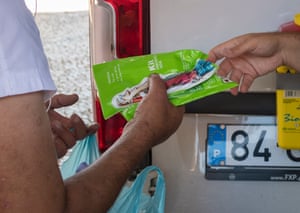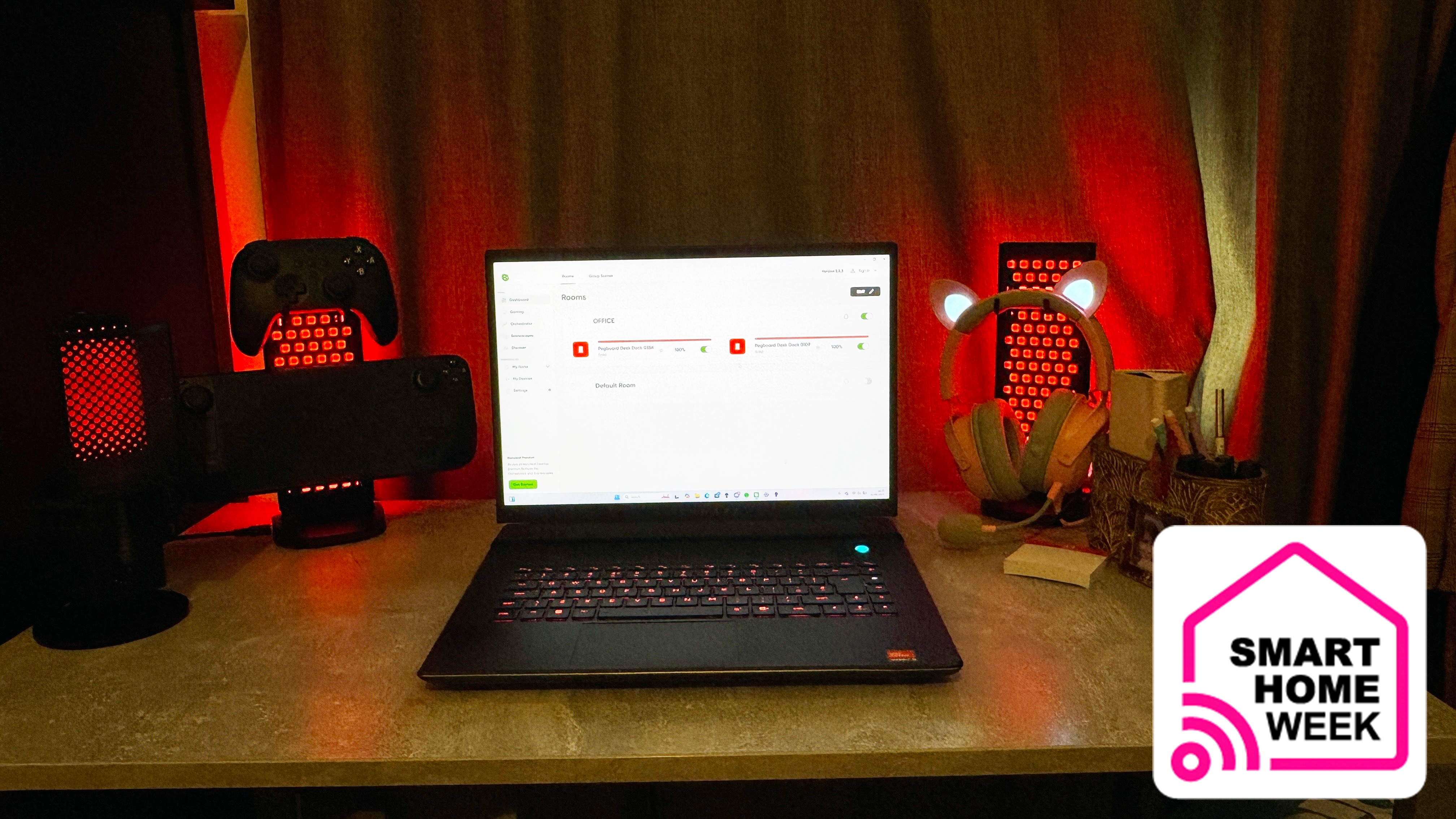
Pereira stepped down as director some years ago, but his replacement asked him to stay on to help with day-to-day operations. Pereira should be retired by now indeed, he tried to but Portugal is suffering from an overall shortage of health professionals in the public system, and not enough young doctors are stepping into this specialisation. As his colleagues elsewhere in the country grow closer to their own retirements, theres a growing sense of dread that there is no one to replace them.
Those of us from the Algarve always had a bit of a different attitude from our colleagues up north, Pereira told me. I dont treat patients. They treat themselves. My function is to help them to make the changes they need to make.
And thank goodness there is only one change to make, he deadpanned as we pulled into the centres parking lot: You need to change almost everything. He cackled at his own joke and stepped out of his car.
The glass doors at the entrance slid open to a facility that was bright and clean without feeling overwhelmingly institutional. Doctors and administrators offices were up a sweeping staircase ahead. Women at the front desk nodded their hellos, and Pereira greeted them warmly: Good afternoon, my darlings.
The Olho centre was built for just under 3m (2.6m), publicly funded, and opened to its first patients nine years ago. This facility, like the others, is connected to a web of health and social rehabilitation services. It can house up to 14 people at once: treatments are free, available on referral from a doctor or therapist, and normally last between eight and 14 days. When people first arrive, they put all of their personal belongings photos, mobile phones, everything into storage, retrievable on departure.
We believe in the old maxim: No news is good news, explained Pereira. We dont do this to punish them but to protect them. Memories can be triggering, and sometimes families, friends and toxic relationships can be enabling.
To the left there were intake rooms and a padded isolation room, with clunky security cameras propped up in every corner. Patients each had their own suites simple, comfortable and private. To the right, there was a colour room, with a pottery wheel, recycled plastic bottles, paints, egg cartons, glitter and other craft supplies. In another room, coloured pencils and easels for drawing. A kiln, and next to it a collection of excellent handmade ashtrays. Many patients remained heavy smokers.
Patients were always occupied, always using their hands or their bodies or their senses, doing exercise or making art, always filling their time with something. Wed often hear our patients use the expression me and my body, Pereira said. As though there was a dissociation between the me and my flesh.
To help bring the body back, there was a small gym, exercise classes, physiotherapy and a jacuzzi. And after so much destructive behaviour messing up their bodies, their relationships, their lives and communities learning that they could create good and beautiful things was sometimes transformational.
You know those lines on a running track? Pereira asked me. He believed that everyone however imperfect was capable of finding their own way, given the right support. Our love is like those lines.
He was firm, he said, but never punished or judged his patients for their relapses or failures. Patients were free to leave at any time, and they were welcome to return if they needed, even if it was more than a dozen times.
He offered no magic wand or one-size-fits-all solution, just this daily search for balance: getting up, having breakfast, making art, taking meds, doing exercise, going to work, going to school, going into the world, going forward. Being alive, he said to me more than once, can be very complicated.
My darling, he told me, its like I always say: I may be a doctor, but nobodys perfect.
A longer version of this piece appears on thecommononline.org. Research and travel for this piece were made possible by the Matthew Power Literary Reporting Award
Follow the Long Read on Twitter at @gdnlongread, or sign up to the long read weekly email here.

